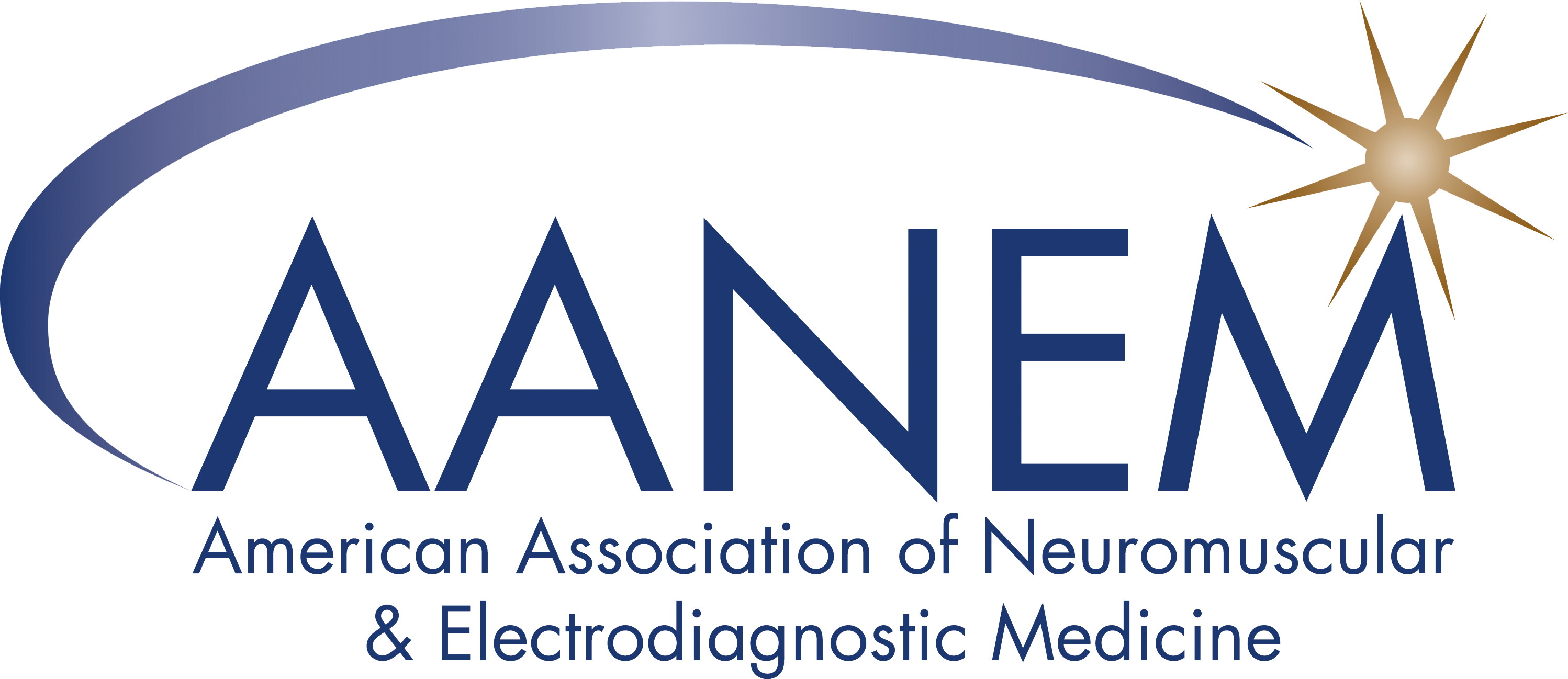Science News: Efficacy and Safety of Rituximab for New-Onset Generalized Myasthenia Gravis: The RINOMAX Randomized Clinical Trial
Published December 19, 2022
Education
Submitted by: Pritikanta Paul, MD
Edited by: Nakul Katyal, MD
Piehl F, Eriksson-Dufva A, Budzianowska A, et al. Efficacy and safety of rituximab for new-onset generalized myasthenia gravis: the RINOMAX randomized clinical trial. JAMA Neurol. 2022;79(11):1105-1112.
Summary: There has been growing evidence that patients with myasthenia gravis (MG) can benefit from rituximab therapy, particularly patients with refractory disease or MuSK antibody positive MG. However, there is no standardized protocol and hence it is a third-line treatment option in AChR antibody positive MG. Despite promising results from anecdotal case reports and retrospective studies, there is a lack of controlled studies evaluating the efficacy of Rituximab in AChR antibody positive MG. This randomized, double-blind, placebo-controlled study investigated the efficacy and safety of rituximab compared with placebo in adults with new onset generalized MG (<12 months) followed through 48 weeks in 7 regional clinics in Sweden.
A total of 47 subjects were enrolled, 25 were in the rituximab arm, and 92% of them were AChR Ab positive. Patients were randomized 1:1 without stratification for a single intravenous infusion of 500 mg of rituximab or placebo. Primary outcome was defined as patients with minimal disease manifestations (quantitative MG score of 4 or less) and a daily dose of prednisolone of 10 mg/d or less at week 16, with no need for rescue treatment procedure(s) during study weeks 9 to 16. Additionally, secondary endpoints included comparing MG outcome measures or scores before and 16-24 weeks after treatment.
A statistically significant higher proportion of patients achieved primary endpoint at week 16 and post hoc analysis at weeks 36 and 48 favored the treatment arm over placebo. Though significant number of participants were lost from the placebo arm, post hoc analysis with worst rank imputations favored the treatment arm. Patients in the treatment arm were on higher dose of oral steroids compared to placebo but this shifted quickly with treatment. Additionally, a trend for reduction in antibody titers was noted in the rituximab group. Adverse events were more common in the treatment arm with a fatal cardiac event in a patient with known stable ischemic heart disease.
Overall, the study concluded a single low dose of rituximab infusion can potentially attain minimal disease manifestation with a lower dose of steroids, a lesser number of rescue treatment, and fewer hospital admissions. One of the limitations of the study was randomization without stratification causing imbalance in baseline parameters like age, antibody titers, dose of oral steroids, and disease severity. Nevertheless, this study demonstrates that further studies are needed to explore long-term benefit and side effects with rituximab in generalized MG.
Comments: There is an expanding interest in the use of rituximab early in MG rather than only using it as a third-line option. The convenient dosing schedule and well tolerated safety profile with rare adverse events as noted from its use in other neurological and non-neurological immune conditions often makes rituximab an appealing treatment option. A recent phase 3 trial failed to show clinically meaningful steroid-sparing effect over a 12-month period in mild to moderate AChR positive MG. However, most recently another retrospective study showed long-term remission following low-dose rituximab therapy in 16 refractory MG cases. Therefore, there is a need for further studies and clinical trials to identify the subset of MG patients who will benefit most from this effective treatment option.
Article of similar interest: Castiglione JI, Rivero AD, Barroso F, Brand P, Lautre A, Kohler AA. Long-term remission with low-dose rituximab in myasthenia gravis: a retrospective study. J Clin Neuromuscul Dis. 2022;24(1):18-25.
